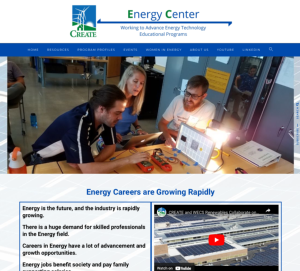Energy Storage Project

Renewable energy has been the fastest growing source of new energy over the past decade, and is expected to provide as much as 25% of the nation's electricity by the year 2020 (US EIA). Driven by battery costs that have declined 70% since 2012, the global energy storage market is also experiencing tremendous growth, as storage technology is integrated with renewable energy. Europe has been on the leading edge of this trend: in 2017, half of all German solar energy installations included energy storage systems, delivering a wide range of cost-saving and energy resilience benefits for customers, utilities, and the grid. The trend is being accelerated by the integration of energy storage and plug-in electric vehicles, with major German manufacturers announcing new battery storage products in 2016. However, in the next five years, the U.S. is expected to become the world's largest energy storage market, having a compound annual growth rate of 21% (IHS Market forecast). It is expected that, by 2020, more than half of the deployments will be customer-owned systems. To support US innovation in energy storage, industry needs technicians who have skills and familiarity in this technology area. To meet this need, Madison Area Technical College will prepare a new group of community college instructors and technicians to work with energy storage technologies. This project will study best practices from Europe, and use the information to develop industry-validated instructional resources for community college students and faculty. The results have the potential to shape and enhance energy storage technician education efforts, and to support the greater role of the United States as a global leader in the energy storage industry.
The goal of this project will be to support the integration of energy storage technology into existing educational programs for energy technicians. The project will use an evidence-based international learning model, in which community college faculty will gather global knowledge and expertise to produce an energy storage job task analysis and industry-validated curriculum and instructional materials. The project will equip a model teaching laboratory and develop courses that integrate energy storage, electric vehicle, and solar photovoltaic technologies. The teaching laboratory will serve as a platform for introduction of new curriculum for college students. This facility will also be used to provide professional development workshops for community college faculty from across the country, with the goal of strengthening energy education across the nation. The resources created in the project will be made available online and accessible to a wide audience.
About


Comments